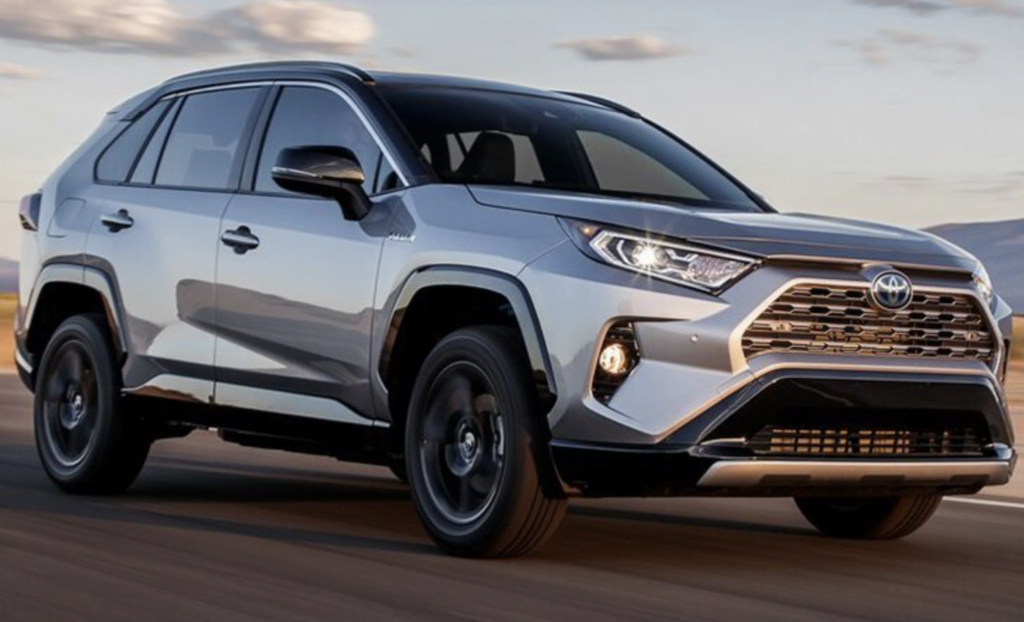It is beyond belief that the government would waste $2 billion to prop up oil refineries – money that should have been spent years ago improving both emissions and fuel standards and preparing Australia for the inevitable switch to electric cars.
Why was it not? Quite possibly because fossil fuel companies donated $1,897,379 in 2018-19 to the ALP, Liberal and National parties, up 48% from $1,277,933 in 2017-18.
Update: Angus Taylor declared on radio to Neil Mitchell just now that he will not drive an electric car because he drives long distances. He’s right! With a mere 350 fast-charging stations (compared with 6,000+ fossil fuel service stations) in the whole country, he would doubtless get stuck on those backroads. Hey, Angus how about spending the $2 billion on chargers!
It’s largely a package announced in 2020 but there is a promise of finally setting higher fuel standards.
These higher fuel standards are welcome but all that’s on the table so far is an ‘accelerated industry-wide review of petrol and diesel standards’. We can guess what the industry will say.
There is still no movement on vehicle emission standards to Euro 6 which Europe adopted in 2015. 80% of the global car market has vehicle emissions standards in place but not Australia.
(Emission standards regulate CO2 emissions whereas fuel standards regulate NOx and particulate matter.)
Our fuel quality is also among the worst in the group, with a maximum of 150 parts per million (ppm) of sulphur for 91 octane regular unleaded, and up to 50 ppm for our 95 and 98 premium unleaded.
Average emissions from Australia’s passenger cars are 45% higher than in Europe.
Cars Guide
Dirty fuel is cheap and there’s no doubt that our diesel and petrol prices – $US3.09/gallon – are amongst the cheapest in the world. Average prices in New Zealand are $US4.91/gallon. Its 2021 plan for a Clean Car Standard and a Clean Car Discount will put a fee on sales of high-polluting cars, and the money collected from that will be used to fund subsidies for new, lower-emission cars.
If strict standards are introduced, Australia could prevent up to 65 MtCO2 of emissions by 2030 (Australian Government 2017c). Urgency is key.
Climate Council
There is no sign of that happening in Australia. This government’s obsession with low fuel prices has encouraged the take-up of enormous and relatively inefficient diesel-powered SUVs – 50% of new car sales!
“There is a misconception around diesel cars; people think they’re good for the environment because they are more efficient and they have a good CO2 emission rate. But they are actually 10 percent higher on a grammes-per kilometre basis compared to petrol vehicles on average”
Robin Smit, University of Technology in Wheels
There is the risk too that Australia is a dumping ground for vehicles that don’t meet standards elsewhere.
Here’s what Cars Guide told us in October 2020:
Last year, the federal government quietly let it be known that it would leave our current standards unchanged until 2027, allowing us to continue to sell cheap, and dirty, 91 octane regular unleaded. This means Australia may well miss out on a range of eco cars that can only run on low-sulphur unleaded fuels.
The sticking point is the petroleum industry, which says it would suffer greatly if fuel standards were changed, as it would have to change the way its oil refineries operate, and that would cost money, and jobs, and “threaten fuel security”. The 2027 deadline was nominated by the petroleum industry, which said it needed that much time to upgrade its facilities.
Car companies like Volkswagen, on the other hand, say they can’t give us the best technology available because their most modern vehicles are not designed to run on our low-quality fuel.
The Mandarin explains the Government announcement:
The government will pay refineries a maximum of 1.8 cents per litre when the margin marker drops to $7.30 per barrel of oil. However, refineries won’t receive government support when they are performing well. They will receive 0 cents per litre when the marker hits $10.20 per barrel.
Morrison said the support to Ampol and Viva Energy would protect the jobs of 1,250 workers, create 1,750 construction jobs, and would prevent high fuel prices.
“This is a key plank of our plan to secure Australia’s recovery from the pandemic, and to prepare against any future crises,” he said in a statement.
“Major industries like agriculture, transport and mining, as well as mum and dad motorists, will have more certainty and can look forward to vehicle maintenance savings and greater choice of new vehicle models.”
The package has also allocated up to $302 million for refinery infrastructure upgrades that will help refiners bring forward the production of better-quality fuels from 2027 to 2024, and $50.7 million for the implementation and monitoring of the FSSP and the minimum stockholding obligation.
Morrison and Taylor said the government would work with the refineries to speed up fuel quality improvements by co-investing with domestic refiners to undertake infrastructure upgrades for low sulfur fuel production.
They said the government would also:
Work with both refineries on their plans to consider future fuel technologies and other development opportunities,
Accelerate the industry-wide review of the petrol and diesel standard to 2021 — including a consideration of aromatics levels — to create a Euro-6 equivalent petrol and diesel standard that is appropriate for Australia,
Introduce the Fuel Security Bill to Parliament to ensure the FSSP can begin on July 1, and to set the key parameters for the minimum stockholding obligation that will commence next year.

